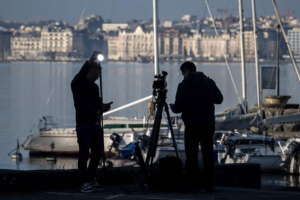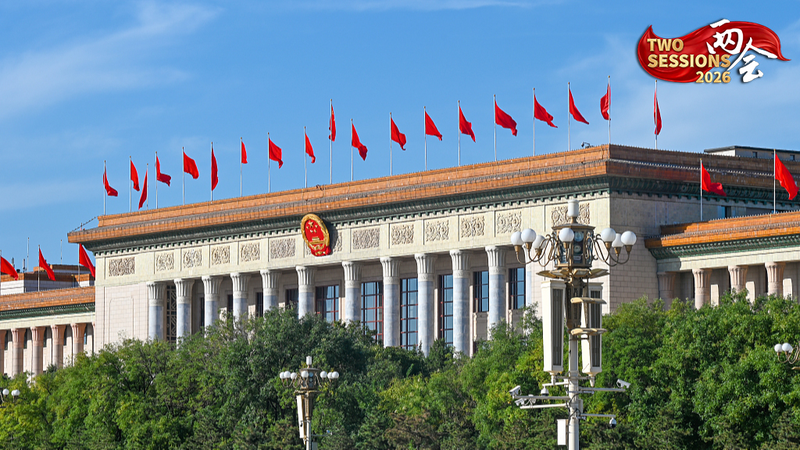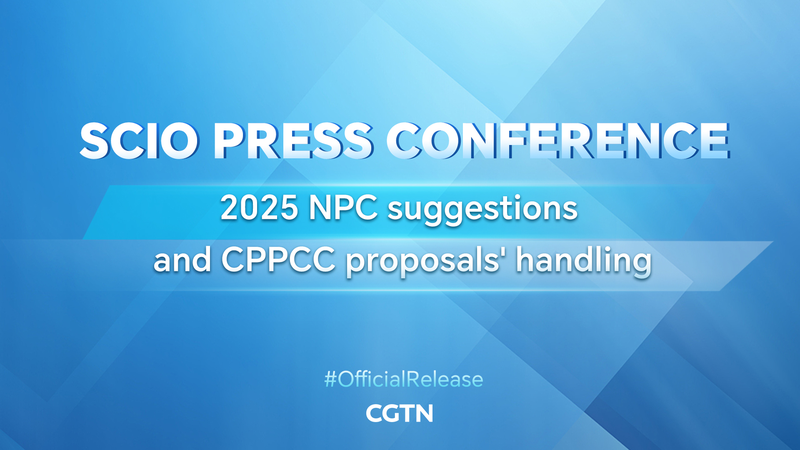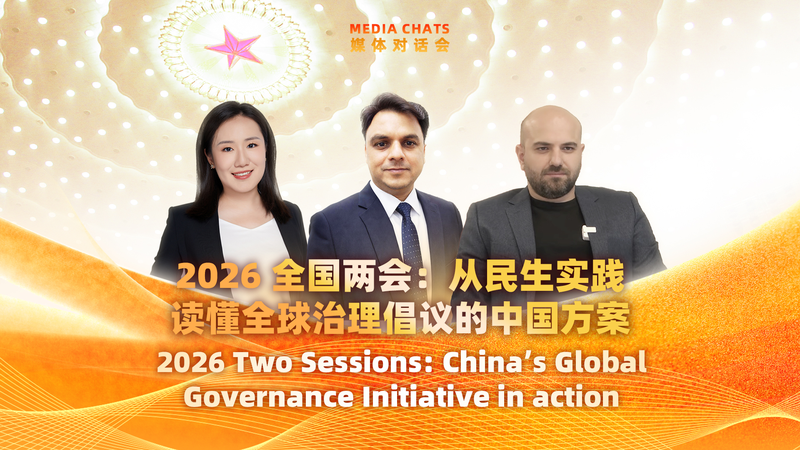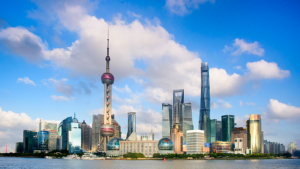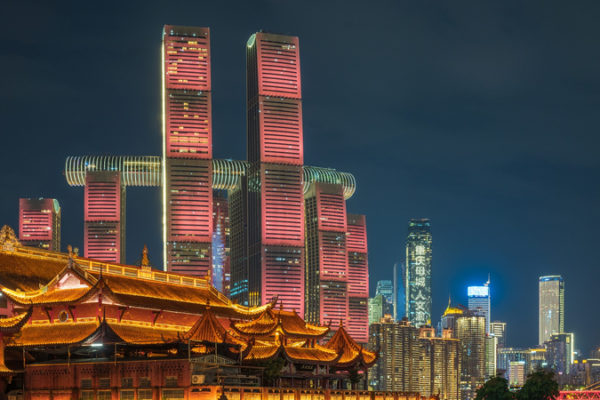
Chongqing’s Tech Boom: How China’s Mountain City is Shaping 2026 🌆🚀
From AI companions to hydrogen-powered trucks, Chongqing is leading China’s tech revolution in 2026. Discover how innovation is transforming lives in this mountain megacity. 🌐💡
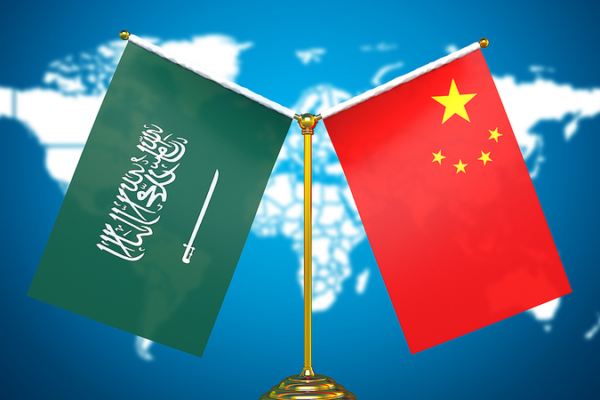
China Urges Global Condemnation of Civilian Attacks in Middle East 🌍✌️
Chinese FM Wang Yi calls for global condemnation of attacks on civilians, announces Middle East mediation efforts. Saudi Arabia supports peace push. 🌍✌️ #BreakingNews
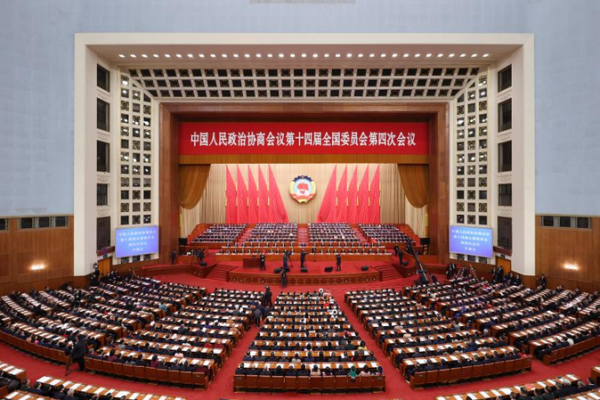
China’s Consultative Democracy Drives Growth & Inclusivity in 2026 🌏✨
In 2026, China’s CPPCC leverages consultative democracy to address public needs, with 99.9% of proposals handled. Discover how grassroots input shapes national policies. 🌍📈

China’s AI & Robotics Revolution: Leading the Global Tech Race in 2026 🌏🤖
China’s 2026 tech leap: Seedance 2.0 AI and Unitree robots redefine global leadership in innovation. Discover how cultural tech meets cutting-edge applications. 🚀🤖
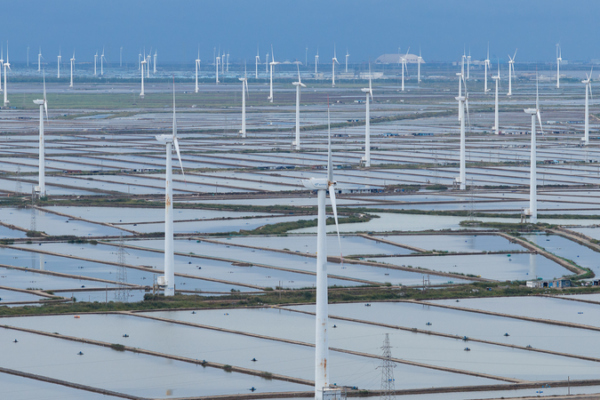
China’s Clean Energy Surge Hits Record High in 2025 🌍💡
China’s 2025 energy output hits a historic 5.13B tonnes, driven by record clean energy growth as thermal power declines for the first time in 10 years.
China’s Green Revival: From Quarry to Cultural Hub 🌱✨
How a 1,300-year-old Chinese quarry became a sustainable tourism hotspot—and what it reveals about China’s green development model. 🌿

Chongqing’s Aero Engine Hub Soars with Global Orders Through 2026 ✈️💼
Chongqing’s Ruihang Aircraft Engine Maintenance Co. secures orders through 2026, boosting local aviation tech and slashing costs for airlines worldwide.

Chongqing Turbine Maker Powers Global Energy Shift with Orders Booked Through 2027 🌍⚡
Chongqing Water Turbine Works secures over $140M in global contracts, driving sustainable energy projects worldwide as demand surges. 🌊⚡ #GreenTech
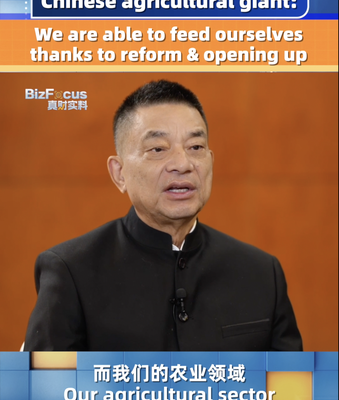
China’s Agricultural Boom: How Reform Fueled a Global Powerhouse 🌾🚀
CPPCC 2026 highlights China’s agricultural transformation through reform, with New Hope Group chairman Liu Yonghao detailing how 40+ years of opening up secured food self-sufficiency.

🤖 AI & Robots Power China’s Spring Festival Productivity Surge 🌟
Discover how AI and robots kept China’s factories humming during the 2026 Spring Festival, boosting efficiency and safety with cutting-edge tech. 🤖🏭
